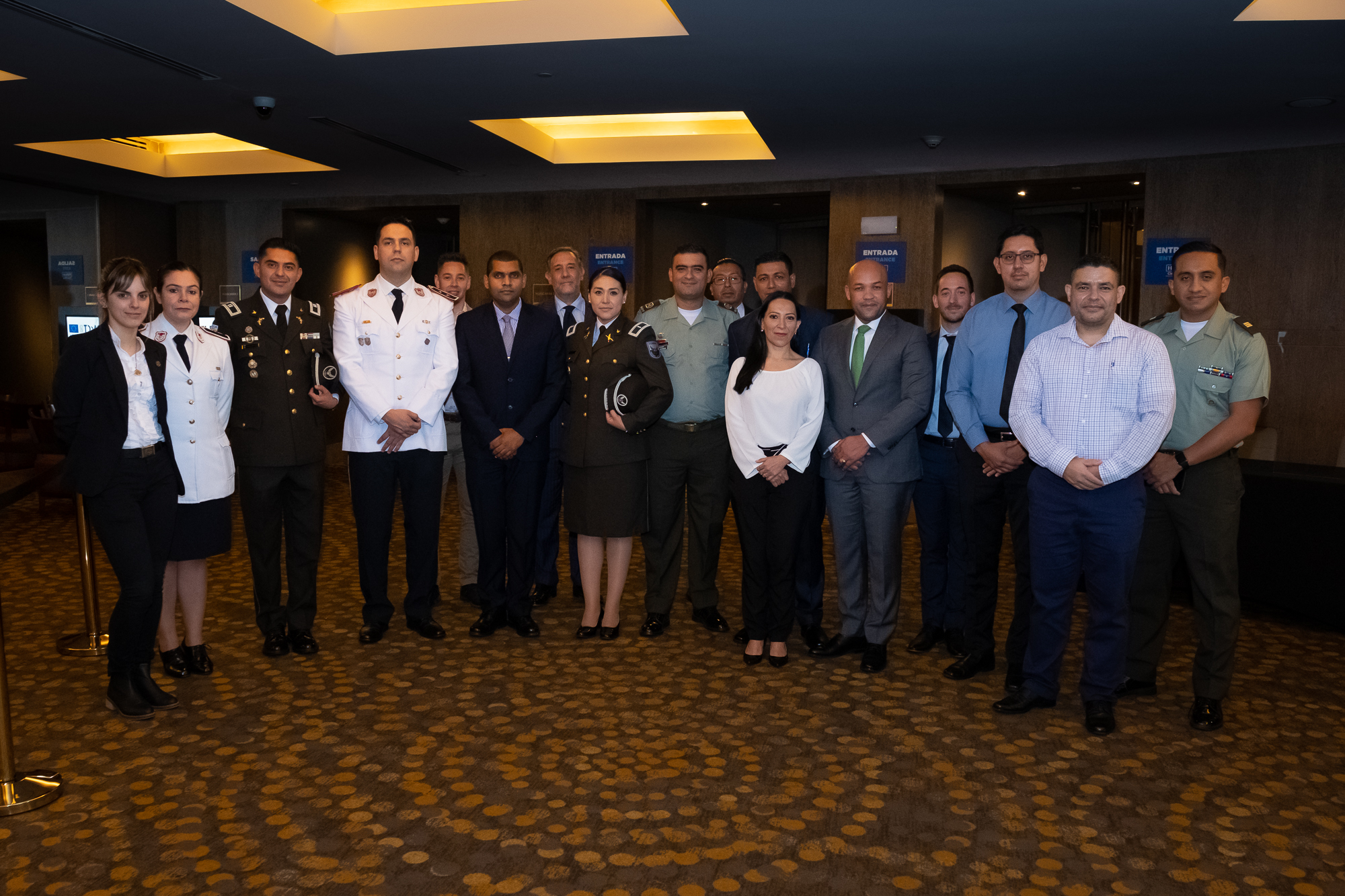EL PAcCTO ran a series of police cooperation activities in Lima, Peru. Among them, a regional seminar was held on locating, identifying and confiscation of illegally obtained assets, with participation by representatives of specialised police institutions from countries in the region such as Bolivia, Brazil, Colombia, Costa Rica, Ecuador, and El Salvador, Mexico, Panama, Paraguay and Uruguay, as well as Ameripol and experts from Italy and Portugal.
The need to effectively combat organised crime, especially money laundering, has meant that for some years seizure has been viewed with new interest “as a strategic weapon, a total economic disincentive for organised crime” in order to obtain profits, and means of identifying and eliminating financial gains.
It is expected that the Seminar will be a key grassroots action to launch technical and training actions with the aim of implementing a regional manual for investigation, location and recovery of assets derived from crime, created by an Italian expert, mobilised by the Programme and thus be able to assist with the investigation, location and recovery of criminal assets.
The goals of the activity were:
- Develop investigative skills for identification, location, confiscation and management of assets from crime in police officers.
- Creation of synergies and coordination mechanisms between investigative services to identify and locate assets from crimes
- Standardise technical and operational procedures
- Strengthen international cooperation mechanisms to identify assets derived from crime
During the two-and-a-half-day activity the focus was on strengthening exchanges of experiences, good practices and contacts between police units specialised in investigation, location and recovery of assets from crime. Several experiences of the countries taking part were presented and the activity worked on a joint action plan on the subject.
Regional manual for investigation, location and recovery of the proceeds of crime
EL PAcCTO has presented a regional manual to create a strategy and plan for investigating cases, as well as to standardise procedures at the regional level. Among the main points addressed by the manual are the planning of investigations, preparation of financial profiles, mutual legal assistance – international cooperation, as well as knowledge of the legal framework of the anti-money laundering system and the use of legal structures such as tax havens.
Some of the actions to be taken in 2022 will be to schedule virtual meetings to present the work tools with private organisations such as banks specialised in the identification and recovery of assets from crime based on the regional manual.
The importance of having a secure strategy and mechanisms for international cooperation and inter-institutional information exchange was also on the agenda.
